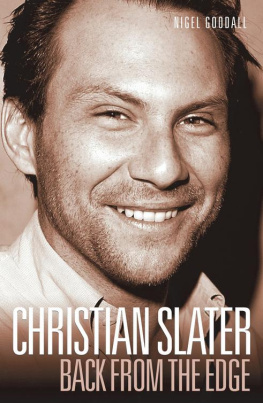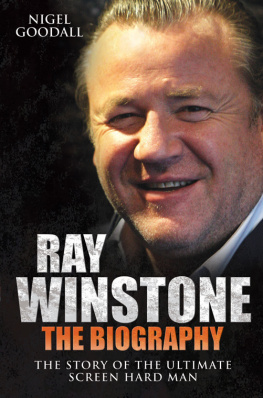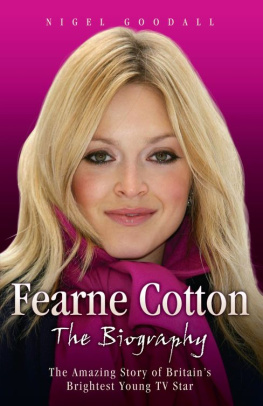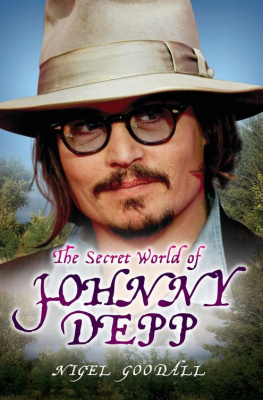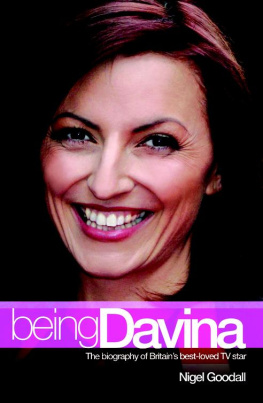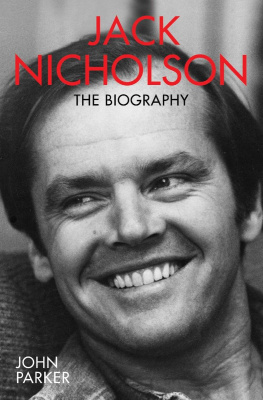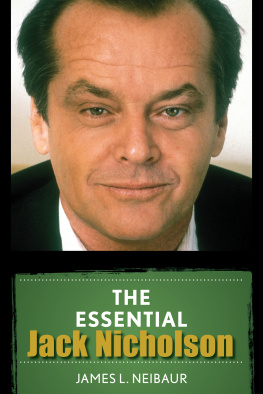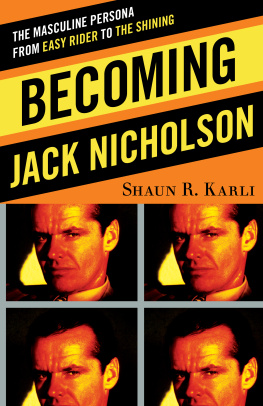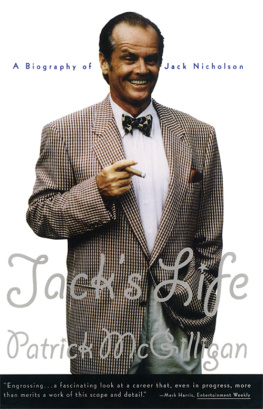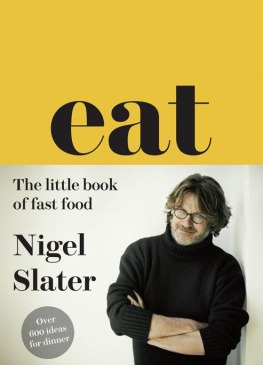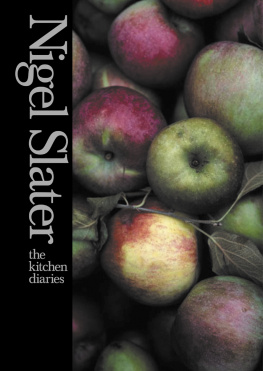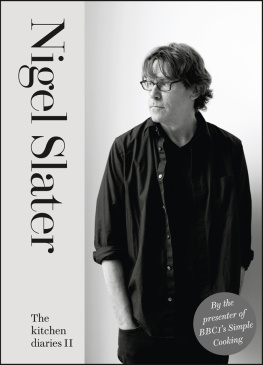I t is no understatement to say that this book would not have been possible without the support of the following people. I would first of all like to thank my publisher, John Blake, for commissioning it; my editor, Mark Hanks, for later improving the manuscript with his excellent editing; and Graeme Andrew for the stunning cover and picture spreads. Thanks also to Keith Hayward, who did his usual researcher extraordinaire bit in the UK, and, in New York, Jimmy Stingray, who spent countless hours following up my requests for information: Sean Delaney at the British Film Institute Library for all his wonderful help and guidance with film production notes, scripts and articles; John Tucker at the Professional Childrens School in New York for confirming some factual information; and Mark Barker for helping me on filmography matters and tracking down some obscure sources. I would also like to thank Raymond Jax, Tawd b Dorenfeld, Taliesyn Flaherty, Robert Liroff, Wendy Hunter and Chris Samson for sharing with me their memories of the stage-play version of Heathers in 1990s Petaluma, northern California; Charlotte Rasmussen for all the support in the world; and my dearest friend Anne Sprinks for getting me through it you are a truly beautiful and amazing woman.
S aturday, 22 January 2005 was Christian Slaters last night as Randle P McMurphy. It was the night that followed a supposed (and later denied) knife attack on Christian outside the stage door and was a typically cold winters day in London. Although by evening the temperature had dropped below zero, the chill didnt stop anyone from turning out to see Christians final performance in One Flew Over the Cuckoos Nest at the Gielgud Theatre in the heart of Londons West End.
Looking around the audience that night, one could not help but wonder if there wasnt anyone that didnt leave the theatre angered and indignant not at Christians performance, but at the barbarity of the treatment inflicted on the role that Christian had been playing for the previous six months, the one that made Jack Nicholson so famous (or the one that Nicholson had been made famous by) and the one that would forever cause Christian to be constantly compared to the veteran Hollywood actor. As Daily Telegraph theatre critic Dominic Cavendish noted, if anyone should fall into the trap of reassuring themselves that what happens to Christians character and those of his fellow inmates of a psychiatric ward doesnt happen any more, they should think again: The most shocking thing about Dale Wassermans adaptation of Ken Keseys novel is that it can be held up as a play for today; the old asylums have been shut down in the drive towards care in the community, but, in certain key respects, what went on back then goes on now.
Although Cavendish admits that his comment sounded wildly sensationalist, it was nevertheless, he discovered, a conclusion easily drawn from readily available sources of information. And although he admitted he was a theatre reviewer and not a health correspondent, when he went online to gain a greater understanding of the procedures referred to in the play, and to see whether the abuses described (based on Keseys own experience of working on psychiatric wards in the late 1950s) could be corroborated by published testimonies, he didnt expect to find present-day parallels. Call me nave, he wrote, but because Cuckoos Nest is so fixed in the mind through its 1975 film incarnation, Id assumed it was a museum piece.
He couldnt be more wrong. Yes, he knew that psychiatric medicine was big business, from the early sequence in the film and the same scene in the play, when patients are seen queuing up for their daily doses of medicines, presenting an image that, according to Cavendish, is more pertinent today than ever; a quarter of drugs prescribed by the NHS in Britain every year are for mental-health problems, and the amount spent on anti-depressants has soared. In the States, George W Bush has declared war on mental illness, proclaiming, Mental disability is not a scandal; it is an illness. And, like physical illness, it is treatable, especially when the treatment comes early.
As Cavendish also noted in his programme notes, For the foreseeable future, Americans will like Britons keep taking the pills. That in itself is concerning, but its what else thats on offer for those in need of treatment that foments nightmares. The dreaded lobotomy, the final weapon in character Nurse Ratcheds armoury, enabling her to deal with recalcitrant patients, has long been discredited, its reputation indelibly associated with heartbreaking stories of patients left brain-damaged, among them, most famously, Tennessee Williamss sister Rose, John Kennedys sister Rosemary and the Hollywood actress Frances Farmer.
Once seen as a simple, cheap solution to a wide range of disorders, from acute anxiety to chronic backache, the prefrontal lobotomy is nowadays regarded as an abomination, and the awarding of the 1949 Nobel Prize to one of its pioneers, Egas Moniz, remains a source of bitter contention. Nevertheless, continued Cavendish, Psychosurgery or neurosurgical treatment on the frontal lobes of the brain continues to this day. The techniques have been refined and the number of people treated is negligible by comparison with the 50,000 estimated to have been lobotomised in America between the 1930s and the late 1950s. But it goes on.
In England and Wales between 1997 and 1999, seventeen psychosurgery operations were authorised, a number that dwindled to nine between 1999 and 2001. Even so, that was still nine too many as far as Mind, the UKs National Association for Mental Health, was concerned. The charity stated, Mind is not happy with the continued use of psychosurgery and believes that there should be a rigorous review to determine whether any continued use is justified.
In 2003, in an article entitled New Surgery To Control Behaviour, the LA Times reported, At several institutions around the world, including hospitals affiliated with Harvard and Brown universities medical schools, surgeons have been operating on dozen of patients each year with severe psychiatric problems, including depression and, more commonly, obsessive-compulsive disorder.
If the numbers of psychosurgery patients remain small, but significant, what of electric-shock treatment, such a favourite of the Cuckoos Nest staff, asked Cavendish. An astonishing number of people continue to be given electro-convulsive therapy (ECT), even though the medical community remains divided about its benefits. And all too often those electrodes are applied without proper consent. In Italy, where it began more than sixty-two years ago, ECT has almost been abolished, but in the UK thousands are estimated to receive ECT every year: 9,000 in England alone in 2002. And in the US, the figure rises to 100,000 a year.
In 2001, Mind conducted a survey of ECT patients and found that almost three-quarters of respondents werent given any information about possible side-effects, and that over half of them claimed to be unaware that they could refuse treatment. In total, some 84 per cent of respondents reported that they experienced side-effects after receiving treatment, including short- and long-term memory loss, an inability to concentrate, headaches, drowsiness and confusion.
The internet is awash with testimonies of people who feel that their lives have been scarred by ECT. The biggest medical mistake of my life, an American woman called Faith declares on a site called etc. org, while David, a British respondent, sums up his experience thus: I was tortured and left damaged.

